25 Nov 2014
![About mobile payments, NFC technologies and trust in fingerprints [About mobile payments, NFC technologies and trust in fingerprints]](https://csltd.com.ua/media/cache/news_thumb_big/uploads/images/55ddb9e48a50b.png)
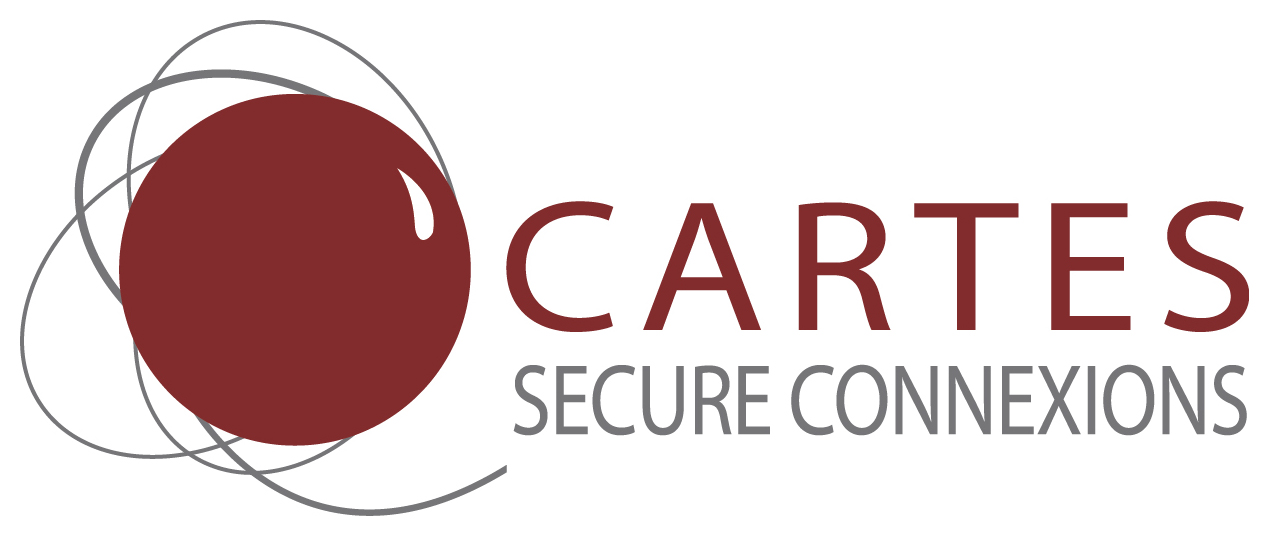
The CS Ltd took part in the Cartes Secure Connexions international conference, a global event for payment, security and mobile technologies. What do the global developers talk about? What do they proud of? What are they anxious about? Tatiana Kirishun and Alexander Pogulyaka tell us about these and many other things.
- The Cartes Conference has been declared to be a global, international event. Was it really outstanding?
T.K.: Yes, "Cartes" is definitely a huge event, which is attended by thousands of hardware and software vendors, one way or another associated with cards, security and mobile payments in all their aspects. This year there were 450 exhibition stands, representing brands from all over the world - the US, UK, Europe, Australia, Asia.
- What exhibits seemed interesting to you as representatives of the Ukrainian company that develops software for banks?
A.P.: We are curious to know the global trends in the areas related to our activities. In particular, I can mention mobile payments and security assurance when dealing with money through the internet. We develop and supply to our customers (banks and insurance companies) high-quality solutions for automation and provide high standards of service. Therefore, we are always interested to get acquainted with the latest developments not only virtually, not only by online publications, but also in direct live communication with colleagues from across the globe. It's always interesting to understand how our crucial tasks and methods of solving them comply with the global trends and lead-ups.
- So, do they comply?
A.P.: Yes, they do. We can see that the development trends of our products are no different from the worldwide ones. We are in the trend.
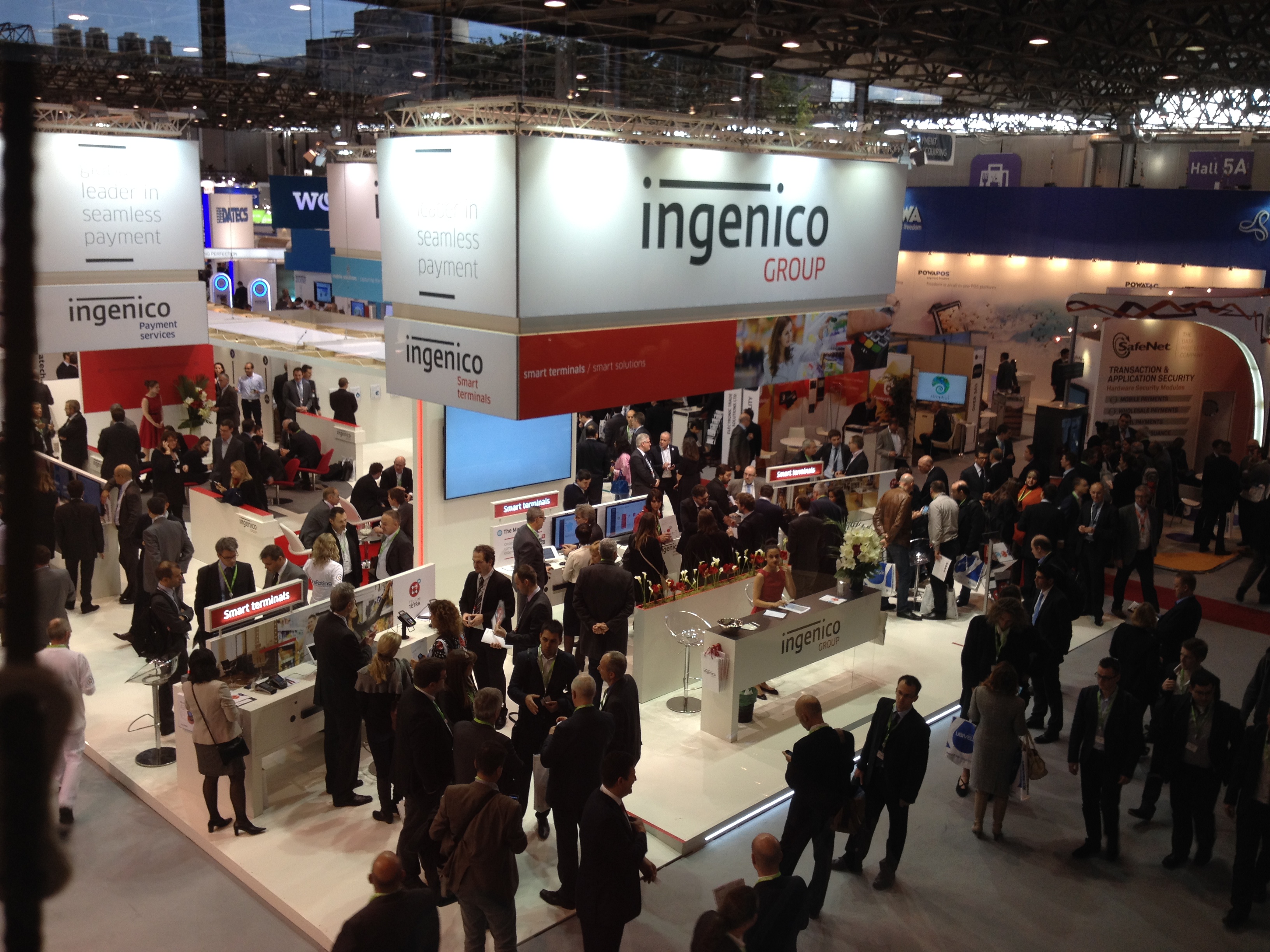
- I can’t believe you haven’t seen anything new that we don’t have?
A.P.: Why, I’ve seen some things that have not been widely presented in the Ukrainian market. It’s a wide range of NFC payments (an alternative method of payment for goods and services by using a mobile phone – editor’s note) and biometric confirmation of online operations - from fingerprints to digital signatures "by hand" using digital tablets.
T.K.: By the way, our company as far back as two years ago offered its customers a solution for document signing based on biometrics – using AGSES cards. These are devices that are able to read the confirmation code from the monitor screen and they are wired to their owners’ fingerprints. But this offer wasn’t popular then.
A.P.: Yes, at that time the solution turned out to be too expensive for the end user and too new – there was no experience of using such solutions, there was no consumer confidence.
- And what about the worldwide market - are such solutions in demand there?
A.P.: Judging by unofficial conversations I had with colleagues from the United States and Germany, the situation in their market is about the same. In some places, the use of biometrics is faced with law limitations, and in addition, the financial market does not give much credit to the fingerprints or "manual" signatures from tablets as means for payment confirmation.
T.K.: I agree, I have also seen on the stands mainly workflow systems as examples of such solutions. There are offers for payment transactions, but there is only one real implementation. Like us, someone just tries out, but nobody knows whether this solution will be successful or not.
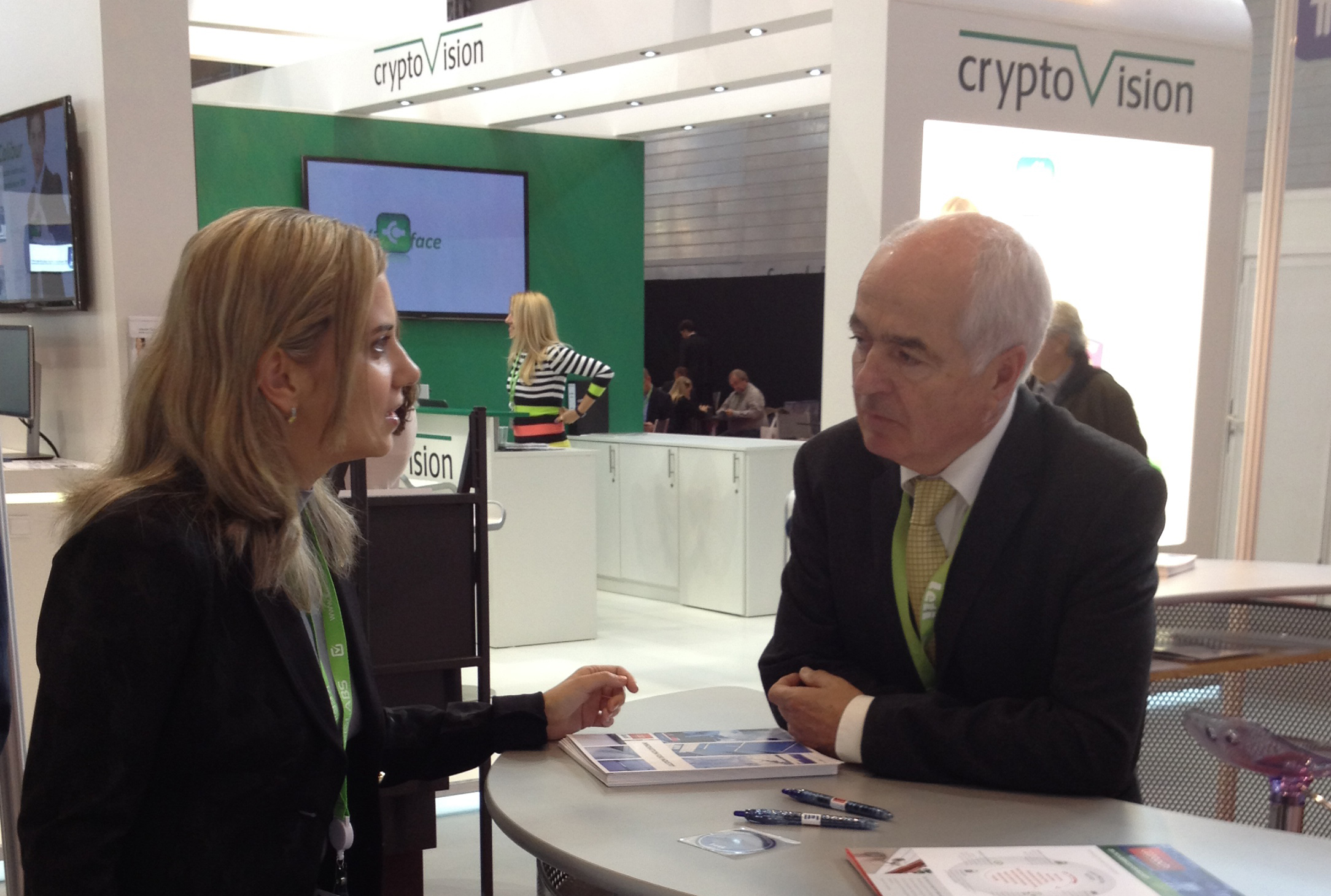
- Какие же средства предпочитает мировой пользователь?
А.П.: Традиционные способы аутентификации - всё то, что мы реализуем в нашем интернет-банкинге iFOBS на протяжении последних лет: смарткарты (в основном хорошо знакомые нам USB-токены), OTP-токены для генерации одноразовых паролей (как аппаратные, так и программные), EMV-карты, обычные SMS-подтверждения. Здесь мы с ними тоже ничем не отличаемся.
- Which means do global users prefer?
A.P.: The traditional devices of authentication - everything that we have been implementing in our iFOBS internet banking in recent years: smart cards (mostly known to us as USB tokens), OTP tokens for generating one-time passwords (both hardware and software), EMV cards, standard SMS confirmation. And again, there is no difference between us and the rest of the world.
- And what else is common between vendors from different parts of the world? What are their common points?
A.P.: We share the same problem: how to ensure the safety of internet transactions, and not to frighten away a client by complicated operations that associate with security.
T.K.: Yes, there is no such a customer who likes entering dozens of passwords to confirm a payment. However customers expect that the bank will take care about their money and do not allow them to be stolen. So our colleagues, just like us, keep on looking for a compromise between user-friendly interface and secure protection of financial data.
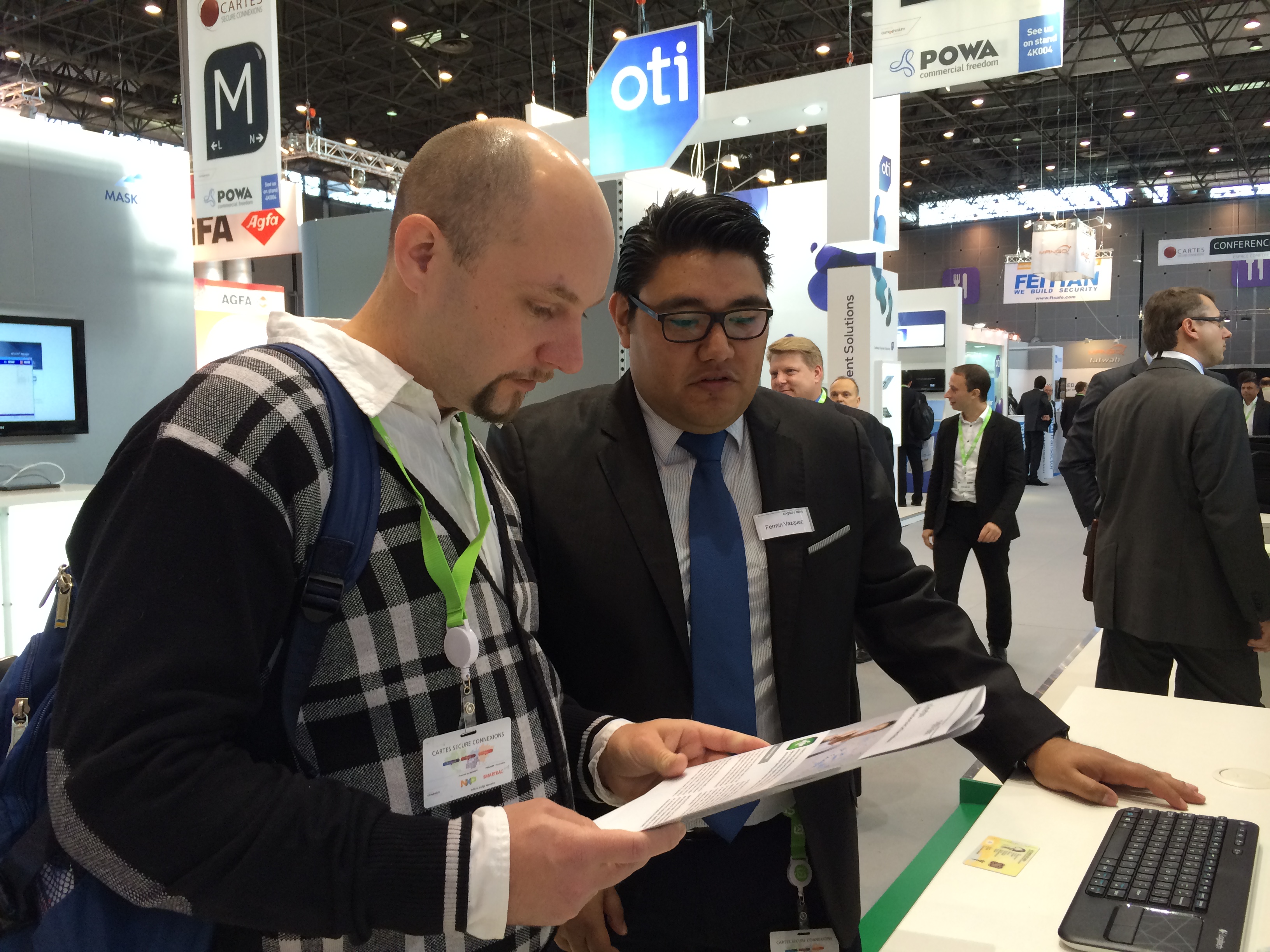
- And still, at the "Cartes" conference you have surely seen something that can be offered to our market.
A.P.: There is a widely developed market of mobile payments across the European countries. I mean, you can make a payment anywhere and it will be accepted everywhere. For example, in Krakow you can pay with your card at any mobile hot dog cart, because each street vendor has the opportunity to accept your payment. And most frequently it is done not by using banking terminals we are used to, but with a compact terminal, or even more often - with a mobile card reader. It can be connected to a telephone or a small computer. It's much easier and cheaper than setting a big payment terminal at every little shop. You can buy a card reader at any store; and everyone has a phone or a laptop.
Nothing prevents us from offering these solutions at home.
- Well, finally, what are the results of this trip?
T.K.: It is nice to realize that we are a part of a big world. To make it sure for ourselves that the Ukrainian IT solutions in the banking sector match the global trends, to see that we follow the same direction.
A.P.: We have met a lot of potential partners and established new contacts, made sure that we face and solve the same problems. We will meet in the future!
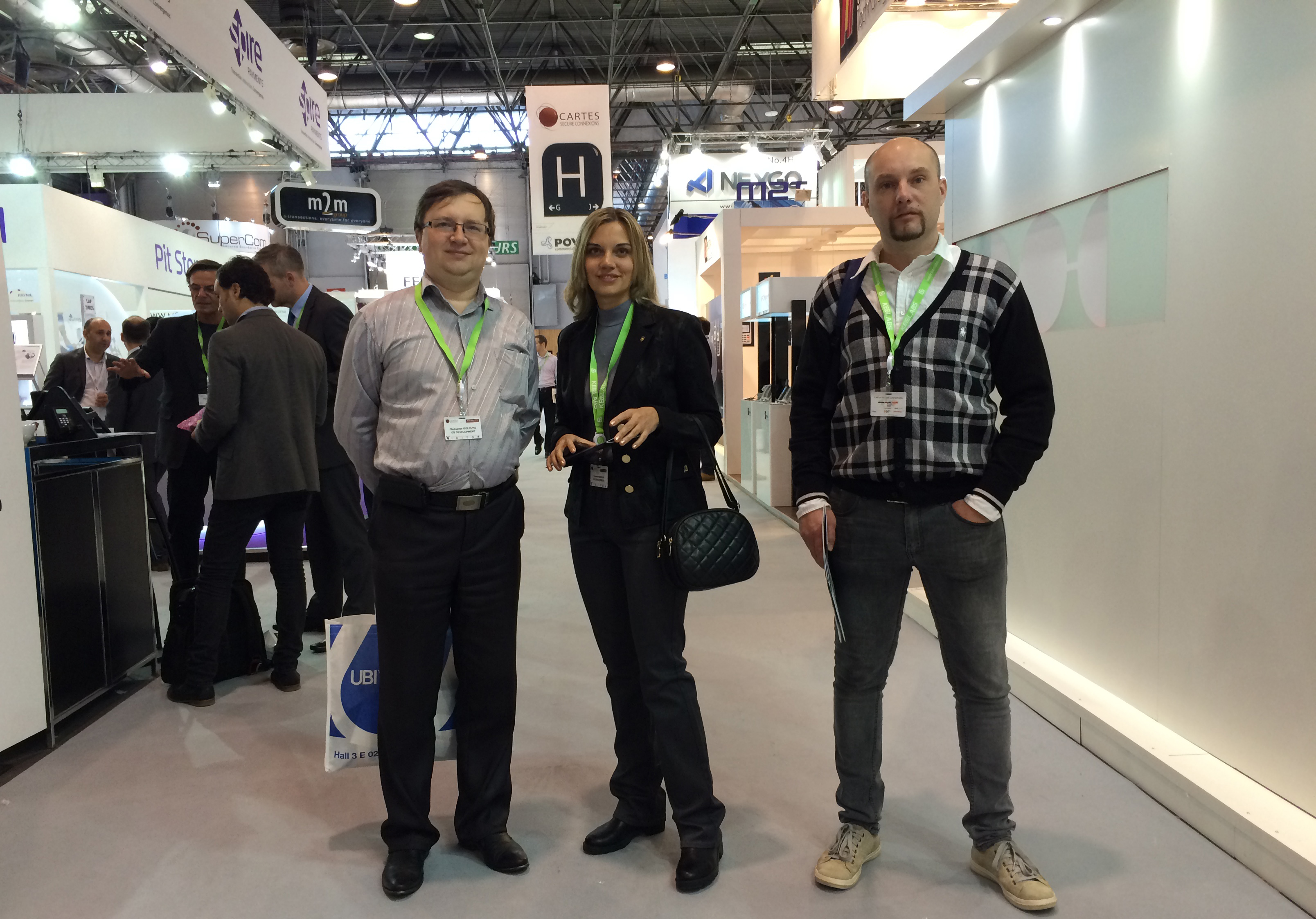
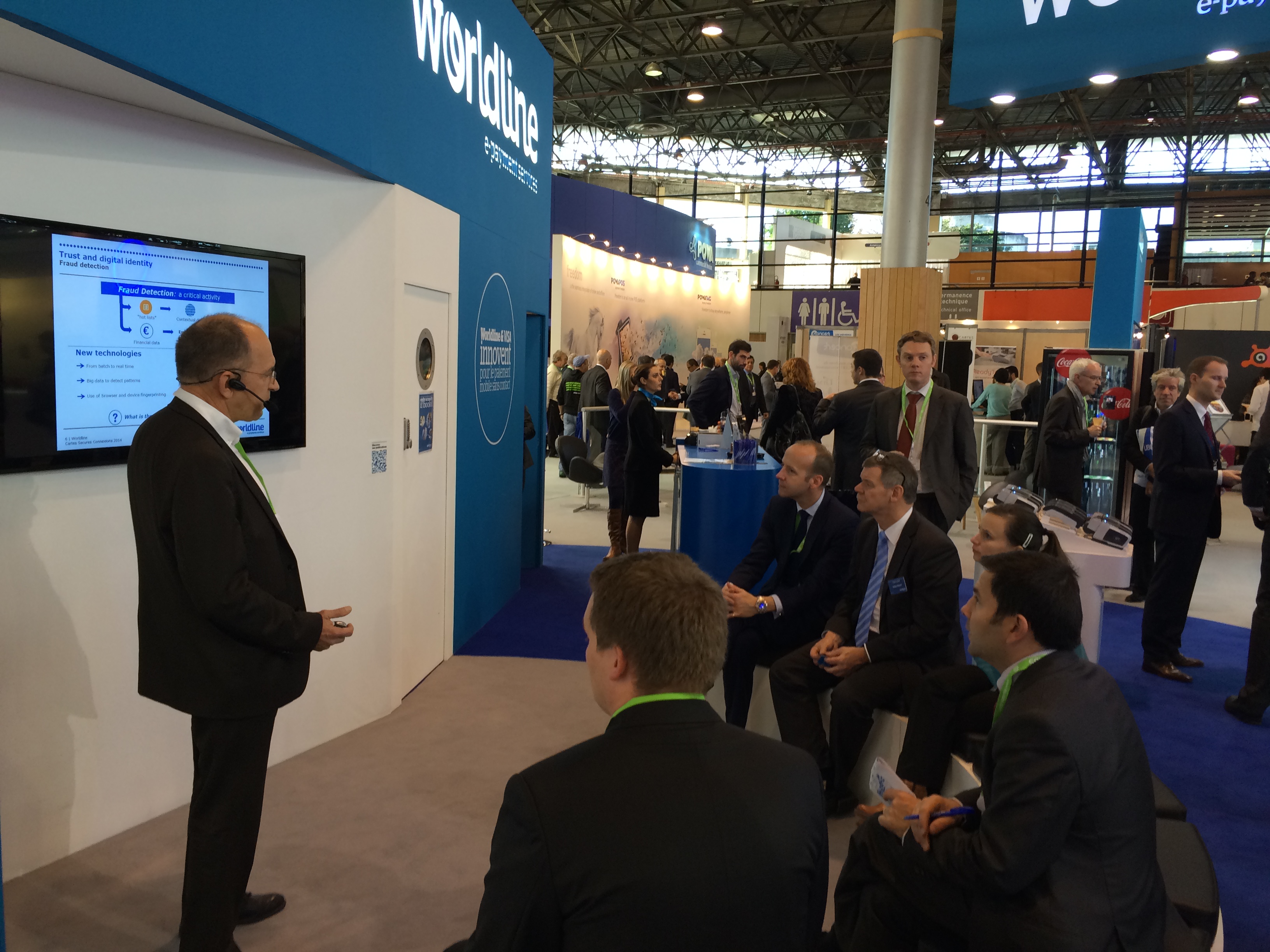
![[CS Ltd]](/images/logo.png)